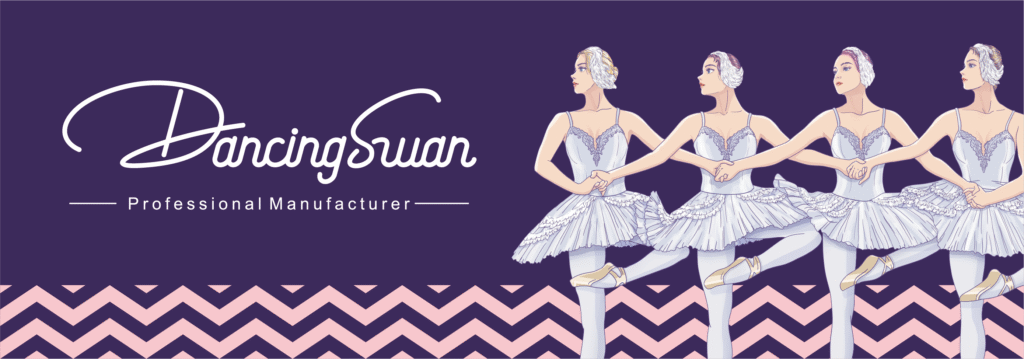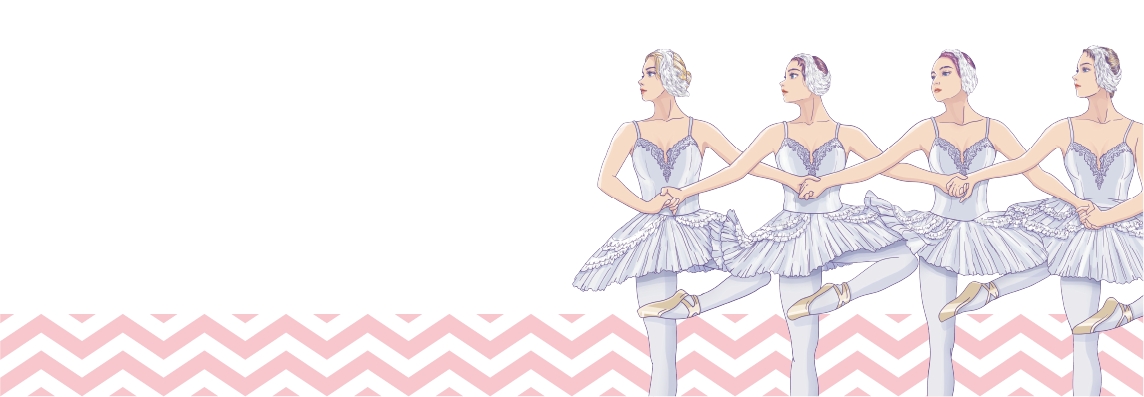Eyelash itches can be an uncomfortable and persistent issue that disrupts daily life. Whether caused by allergies, infections, or poor hygiene, understanding the triggers is essential for finding relief. This article explores the common reasons behind itchy eyelashes, from allergic reactions to blepharitis and dry eyes, offering insights into how each condition affects your lash line.
If you have ever wondered why your eyelashes itch, you are not alone. Many factors, such as makeup residue, eyelash mites, or contact dermatitis, can contribute to irritation. Discover quick and effective ways to soothe the discomfort, including home remedies, proper eyelid hygiene, and when to seek medical attention for persistent symptoms.
By learning how to prevent eyelash itches through daily care and identifying allergy-related triggers, you can maintain healthier lashes and enjoy greater comfort. Dive into expert-backed tips and treatments to keep irritation at bay and protect your eye health.
What Causes Your Eyelash Itches? Unveiling Common Triggers
If you’ve ever experienced an annoying itch along your eyelash line, you know how distracting and uncomfortable it can be. While scratching might provide temporary relief, understanding the underlying causes can help you prevent irritation and maintain healthy lashes. Here are some common triggers for eyelash itching and how to address them.
Allergies
Allergies are among the most frequent causes of eyelash itching. Pollen, pet dander, dust mites, and mold can trigger an allergic reaction that leads to inflammation around the eyes. Additionally, cosmetic products like mascara, eyeliner, or false eyelash adhesives may contain allergens that irritate the delicate skin near your lash line. If you suspect allergies, try switching to hypoallergenic products or consult an allergist for testing.
Blepharitis
Blepharitis is an inflammatory condition affecting the eyelids, often caused by bacterial overgrowth or skin conditions like seborrheic dermatitis. When oil glands near the lashes become clogged, it can lead to redness, swelling, and itchiness. Regular eyelid hygiene—such as gentle cleansing with a diluted baby shampoo or eyelid wipes—can help manage symptoms and prevent flare-ups.
Dry Eyes
Insufficient tear production or poor tear quality can lead to dry eye syndrome, which often causes itching, burning, or a gritty sensation along the lash line. Factors like prolonged screen time, contact lens wear, or environmental conditions (wind, dry air) can worsen dryness. Artificial tears or prescription eye drops may provide relief, while staying hydrated and using a humidifier can help maintain moisture.
Eyelash Mites (Demodex)
Demodex mites are microscopic organisms that naturally live near hair follicles, including eyelashes. However, an overpopulation of these mites can lead to irritation, itchiness, and even eyelash loss. Maintaining cleanliness, avoiding oily cosmetics, and using tea tree oil-based cleansers (which have anti-parasitic properties) can help keep mite populations in check.
Contact Dermatitis
Contact dermatitis occurs when your skin reacts to irritants or allergens, leading to itchiness, redness, or flaking. Common culprits include harsh makeup removers, skincare products, or even sunglasses rubbing against your lashes. Opt for gentle, fragrance-free products and patch-test new cosmetics before applying them near your eyes.
Stye or Chalazion
A stye (a bacterial infection) or chalazion (oil gland blockage) can cause localized swelling and itching near the base of your lashes. Warm compresses can help reduce inflammation and promote drainage, but persistent cases may require medical treatment. Avoid squeezing or scratching to prevent further irritation.
Makeup and Product Residue
Leaving eye makeup on overnight or using expired products can lead to buildup along the lash line, trapping bacteria and irritating the skin. Always remove makeup thoroughly before bed and replace cosmetics every few months to minimize contamination.
Conclusion
Eyelash itching can stem from various sources, ranging from allergies and infections to poor hygiene habits. Identifying the root cause is key to finding relief and preventing recurring discomfort. If symptoms persist despite home care, consult an eye specialist to rule out underlying conditions and receive targeted treatment.
How to Soothe Eyelash Itches: Quick Relief Tips
Eyelash itching can be irritating and distracting, but fortunately, there are several ways to find quick relief. Whether your itch is caused by allergies, dryness, or debris, these simple tips can help soothe the discomfort and keep your eyes healthy.
1. Keep Your Eyes Clean
Dirt, oil, and allergens can accumulate near your lash line, causing irritation. Gently wash your eyelids and lashes with a mild, tear-free cleanser or baby shampoo. Use a clean cotton pad or soft washcloth to avoid scratching the sensitive skin around your eyes.
2. Use a Warm Compress
A warm compress can help reduce inflammation and loosen any debris trapped near your lashes. Wet a clean cloth with warm water, wring it out, and place it over your closed eyes for 5–10 minutes. This also helps if the itch is due to blepharitis (eyelid inflammation).
3. Apply Aloe Vera Gel
Aloe vera has natural soothing and anti-inflammatory properties. Dab a small amount of pure aloe vera gel along your lash line with a cotton swab. Avoid getting it directly in your eyes, and rinse if any irritation occurs.
4. Try Over-the-Counter Eye Drops
If allergies cause your eyelash itch, antihistamine eye drops can provide relief. Look for preservative-free options to minimize further irritation. Follow the instructions on the package and avoid overuse.
5. Avoid Rubbing Your Eyes
Rubbing can worsen irritation and introduce more germs. If your lashes itch, resist the urge to touch them. Instead, try blinking rapidly to help dislodge minor irritants or use artificial tears to flush them out.
6. Stay Hydrated and Maintain a Healthy Diet
Dry eyes and nutritional deficiencies can contribute to eyelash itching. Drink plenty of water and eat foods rich in omega-3 fatty acids (like salmon or flaxseeds) and vitamins A, C, and E to support eye health.
7. Replace Makeup and Cosmetics
Old or contaminated eyelash products can cause irritation. Replace mascara, eyeliner, and falsies every 3–6 months, and avoid sharing eye makeup to prevent infections.
When to See a Doctor
If your eyelash itch persists, worsens, or comes with redness, swelling, or discharge, consult an eye doctor. These could be signs of an infection, allergic reaction, or other condition needing medical attention.
By following these quick relief tips, you can soothe eyelash itches and maintain comfortable, healthy eyes.
Eyelash Itches and Allergies: Identifying the Connection
Itchy eyelashes can be incredibly frustrating, disrupting daily comfort and even affecting vision. While there are several potential causes for this irritation, allergies are among the most common. Understanding the connection between eyelash itching and allergies can help you identify triggers and seek the right treatment.
Why Do Allergies Cause Eyelash Itches?
Allergies occur when the immune system overreacts to harmless substances like pollen, pet dander, or cosmetics. When allergens come into contact with your eyes or eyelids, they can trigger an inflammatory response. This leads to symptoms such as itching, redness, swelling, and even excessive tearing—often concentrated around the eyelashes.
Since eyelashes are located at the edge of the eyelids, they are particularly susceptible to irritation from airborne allergens, eyelash extensions, or makeup residues. Scratching or rubbing the area can worsen the itching and potentially introduce bacteria, increasing the risk of infection.
Common Allergens Linked to Eyelash Irritation
If you frequently experience itchy eyelashes, consider whether you’ve been exposed to these common allergens:
- Pollen: Seasonal allergies can cause itching around the eyes.
- Dust mites: Tiny particles from bedding or upholstery can irritate lashes.
- Pet dander: Proteins in pet saliva or skin flakes may trigger reactions.
- Makeup and cosmetics: Mascara, eyeliner, or false lash adhesives can contain irritating ingredients.
- Eyelash extensions: The glue or synthetic fibers used in extensions may cause allergic dermatitis.
How to Tell If Allergies Are the Cause
Distinguishing allergy-related eyelash itching from other conditions (like blepharitis or dry eye) is key to managing symptoms. Allergy-related itching often comes with:
- Red, watery eyes
- Sneezing or a runny nose (if triggered by airborne allergens)
- Relief when avoiding the suspected allergen
- No crusting or severe scaling (which may indicate an infection)
If symptoms persist or include pain or discharge, consult a healthcare professional to rule out infections or other eye conditions.
Managing and Preventing Allergy-Related Itching
If allergies are causing your eyelash discomfort, try these steps to reduce irritation:
- Avoid allergens: Limit exposure by keeping windows closed during high pollen seasons or switching to hypoallergenic cosmetics.
- Use cold compresses: Applying a cold, damp cloth can soothe itching and reduce swelling.
- Try antihistamines: Over-the-counter oral or eye-drop antihistamines can provide relief.
- Keep lashes clean: Gently wash eyelids with a mild cleanser to remove allergen buildup.
For persistent cases, an allergist or ophthalmologist may recommend specialized treatments like prescription eye drops or allergy immunotherapy.
By recognizing the link between eyelash itching and allergies, you can take proactive steps to minimize discomfort and protect your eye health long-term.
Preventing Eyelash Itches: Daily Habits for Healthy Lashes
Eyelash itchiness can be irritating, uncomfortable, and even harmful if left unaddressed. Whether caused by allergies, infections, or poor hygiene, adopting healthy daily habits can help keep your lashes clean and itch-free.
Keep Your Lashes Clean
One of the most effective ways to prevent eyelash itchiness is to maintain proper hygiene. Dirt, oil, and leftover makeup can accumulate along the lash line, leading to irritation and bacterial growth. Follow these steps for clean lashes:
- Wash your face daily: Use a gentle cleanser to remove impurities without irritating the eyes.
- Remove makeup before bed: Always take off mascara, eyeliner, and eyeshadow with a mild makeup remover to prevent clogged follicles.
- Avoid harsh products: Choose oil-free, hypoallergenic cleansers that won’t strip natural moisture.
Avoid Rubbing Your Eyes
Rubbing your eyes can introduce bacteria, irritate sensitive skin, and even cause eyelash loss. If your lashes itch, try these alternatives instead:
- Use a clean tissue: Gently pat the area instead of rubbing.
- Apply a cool compress: A damp, cold cloth can soothe irritation.
- Wash your hands frequently: Reduce the risk of transferring germs to your eyes.
Moisturize and Protect
Dryness can lead to flaky skin and itchiness around the lashes. To keep the delicate eye area hydrated:
- Use a lash serum or natural oil: Lightweight oils like castor or coconut oil can condition lashes and prevent breakage.
- Apply eye cream carefully: Choose a fragrance-free formula and avoid getting it directly in the eyes.
- Protect from environmental factors: Wear sunglasses to shield lashes from wind, dust, and UV rays.
Replace Eye Makeup Regularly
Old or contaminated makeup can harbor bacteria, leading to infections and itchiness. Follow these best practices:
- Replace mascara every 3-6 months: Bacteria thrive in liquid formulas, so don’t use expired products.
- Avoid sharing eye makeup: Prevent cross-contamination by using personal products only.
- Clean brushes weekly: Wash applicators regularly with a gentle soap or brush cleaner.
Watch for Allergies and Infections
Persistent itchiness may signal an underlying issue. Seek medical attention if you notice:
- Redness or swelling: Could indicate an allergic reaction or infection.
- Flaking or crusting: Might be a sign of blepharitis (eyelid inflammation).
- Excessive lash loss: Could result from mites, fungal infections, or other conditions.
By adopting these daily habits, you can keep your lashes healthy, strong, and itch-free while reducing the risk of irritation and infections. Don’t ignore persistent symptoms—consult a healthcare professional if irritation continues.

